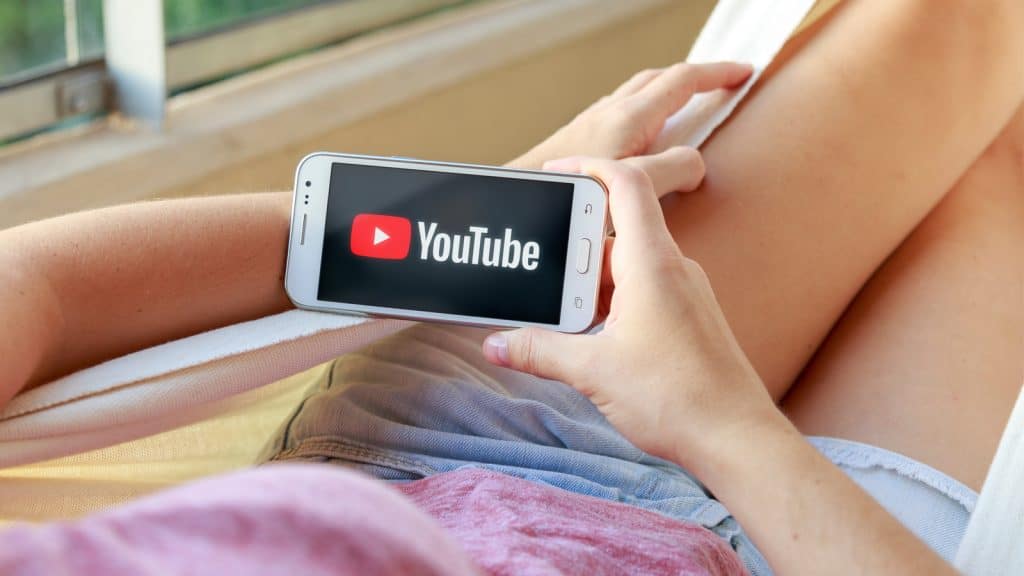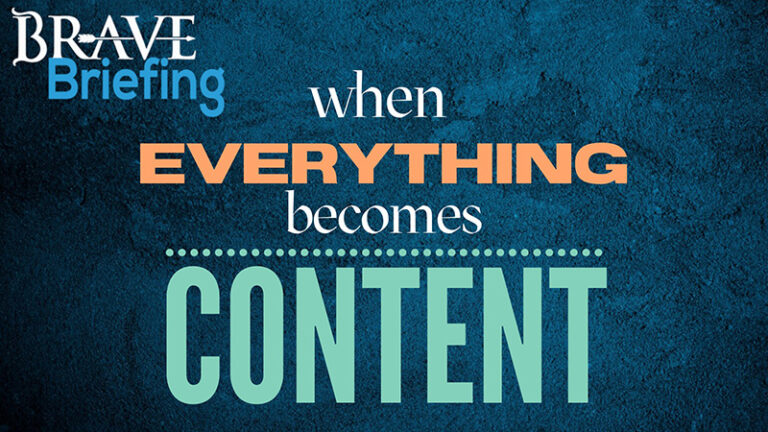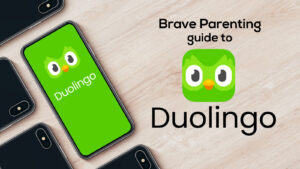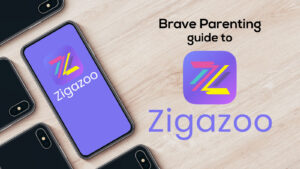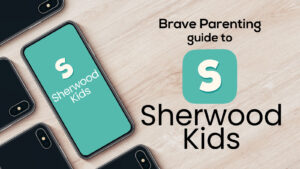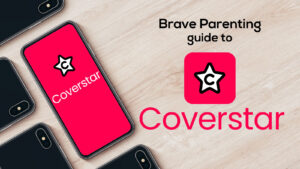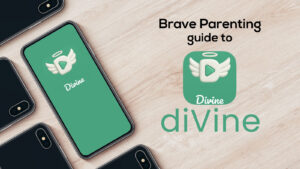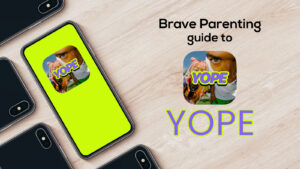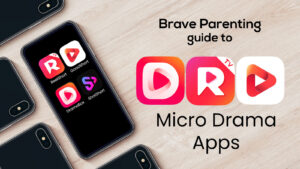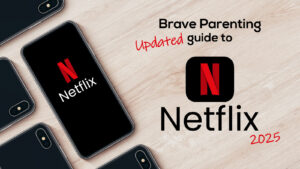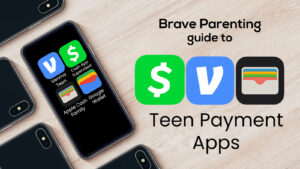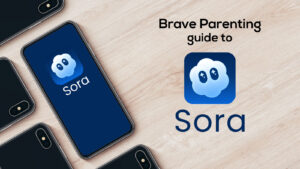In the minute it took to click the link to this article and begin reading, 400 hours of videos were uploaded to YouTube.
YouTube is engaging its viewers intently across 91 countries and 80 different languages. In a calendar year, people watch 46,000 years worth of content.
The enormity of that volume can barely be comprehended.
The Problem With 400 Hours of Video Every Minute
As a parent, your concern probably jumps straight to the wasting away of their time, minds, and health watching stunts/challenges, make-up tutorials, other kids playing video games, or peers documenting insignificant details of their everyday life and routine.
An overshadowed problem with YouTube is how it has become the default learning destination for children. YouTube is second only to Google as a search engine. And with the ludicrous quantity of videos, there is bound to be a video to answer any question or topic your child can imagine and ask.
This increased and instant access children now have to information diminishes parents’ credibility, values, and wisdom. Where parents were once the go-to source, now if you aren’t as accessible as YouTube, you’re too late.
They seek information, understanding, and direction, and like everything else, they want it now.
Your New Mantra Must Be: Pick Me, Not YouTube.
First, this means you must be available to them. Put your phone down, sit down in the same room, or take them out for pizza and wait patiently.
Second, you must attempt relevancy without judgment. The contrast between today’s culture and how you grew up is striking so this can be difficult. Educate yourself about their generation, struggles, temptations, and influencers. Learn their slang – it makes everyday conversations with them more fun (for you)!
You may feel you don’t have time for this or you may not want to wade into the deeper waters of their culture. But you must. There is no other option to parent this internet-generation well.
If you’re not jumping up and down with your hand outstretched yelling, “PICK ME, PICK ME!”, here are three more reasons to motivate you.
You Are Better Than YouTube
1] You are a trustworthy resource.
It has been said, “It takes a village to raise a child”. No one has ever said “It takes the 91 countries and 46,000 years of content to raise a child” because who would ever trust that volume of influence? While parents question what is truth online, without training, children tend to believe all 46,000 years of content is true.
Children have an inherent trust and reliance on their parents to lead them through childhood. They will unknowingly trust someone on the internet, but ultimately they want you – your guidance and wisdom.
Therefore, don’t fall for them acting grossed out or insisting that they don’t need your talks. Underneath all the attitude is a desire to be led by someone they trust.
2] Relationships change information
YouTube can provide accurate content. However, relational connection is lost when YouTube educates and informs.
Beyond the parent-child bond, maintaining a continual conversation sustains your parent-child relationship. It is more than meeting their physical needs, driving them around to activities and providing them a smartphone. Connection happens when you have conversations – both listening, both sharing.
Yes, it may be easier to allow YouTube to educate them on difficult topics including sex, gender, abortion, politics, racism, violence, and drugs. However, your voice spoken in relational conversations changes how these hard topics are processed and viewed.
3] Values/Morals/Character
While YouTube may not be the go-to source for porn, there is enough available content to fill a young child’s mind with both horror and wonder.
YouTube provides a lot of information but no moral compass to direct that information. As the parent, not only can you provide the trustworthy and reliable information but you can do so in a way that acknowledges your family values and is sensitive to the age and maturity of the child.
Parents, you must provide their moral compass; the standard for how and why your family does what it does. YouTube video feeds can create echo chambers for one-way thinking, but parents can help teach tolerance, acceptance, empathy, and kindness as they walk through different topics and viewpoints
Consider this: YouTube’s algorithms will not autoplay one of Brene Brown’s empathy videos immediately following a YouTube stunt where someone is bullied at the expense of making others laugh. Likewise a video from the National Center on Sexual Exploitation will not appear after a pedophile searches for young children doing gymnastics.
YouTube does not guide our children’s values, morals, and character. This is a parent’s job, not to be outsourced or overlooked.
Being Brave
You could just block YouTube. For younger children, this is a no-brainer. A toddler or pre-schooler should never have unguided access to YouTube.
For school-aged children, on the other hand, you have to assume there will always be unrestricted smartphones/devices which can access YouTube around your children. Notwithstanding, many schools even allow YouTube access from school provided computers/devices.
Make your best and bravest effort to BE AVAILABLE to your child.
Maybe its not everyday, but make it a priority.
BUILD YOUR RELATIONSHIP on the foundation of open and continual conversations.
YouTube puts it all out there so for you, no topic should be off limits either.
Find time to STAY INFORMED on trending topics affecting children today.
The Brave Parenting Podcast is a great, easy way!
Establish a VALUES/MORALS/CHARACTER-DRIVEN FAMILY STANDARD to direct their ways.
It’s never too early or too late to begin upholding family values.
CO-VIEW YouTube with your child. Demonstrate appropriate searches; acknowledge the ease to find inappropriate content; Teach them how to report it.
Sooner or later, they’ll search on their own, be sure they’re ready.
Explain to your child, “At some point, you’ll have a choice between YouTube and Me; I want you to PICK ME.”
But even if you pick YouTube first, you can still come to me to process what you’ve seen.

